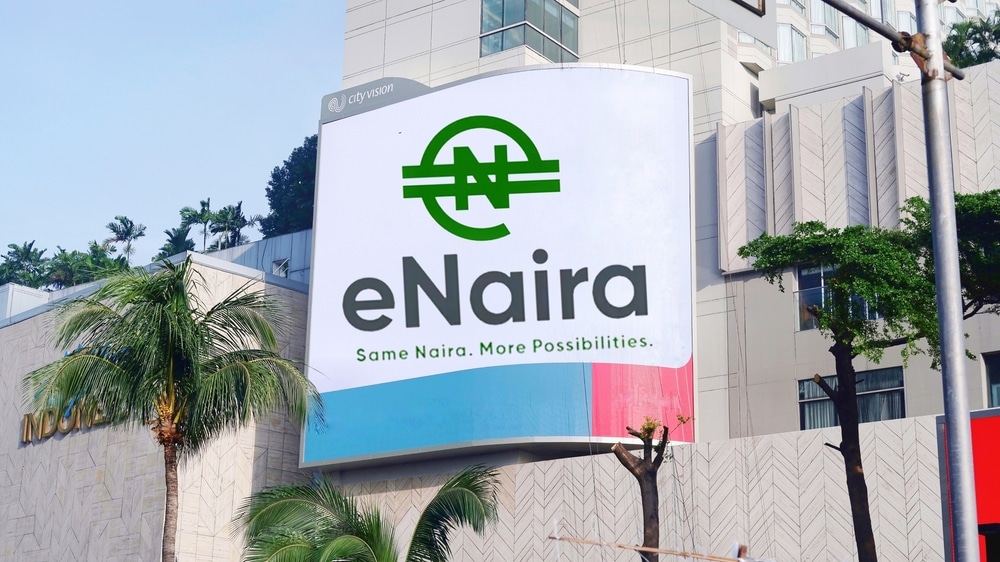
Nigeria’s Crypto Veto Prevented eNaira Adoption, Desipite Commanding Significant International Rating
Chinedu Albert, a Nigerian innovation and tech legal expert, claimed the adoption of eNaira will occur after the government acquires Nigerians’ trust. It will also happen after the Naira gains a more trusted status.
Nigeria Central Bank Lifts Ban Hindering Crypto Exchanges Accessing Financial Institutions
In 2021, the Central Bank of Nigeria (CBN) banned regulated financial institutions from servicing crypto exchanges. Chinedu Albert, a Nigerian tech and innovation legal expert, said the situation significantly impacted the adoption of eNaira central bank digital currency (CBDC).
In an interview, he claimed the nation’s CBDC remains an ambitious idea, illustrating the government’s response to a ‘misguided’ blanket veto on cryptocurrency as well as other digital assets.
Nigeria High Ranking in Global Crypto Adoptions
A 2021 analysis by Chainlink rated Nigeria high in the Global Crypto Adoption Index, indicating the demand for a currency unimpacted by inflation as well as government policies. Some cryptocurrencies offer some of these features.
Nevertheless, Albert claimed that currently, the eNaira encounters reduced adoption since it does not have this shielding aspect, a critical quality of cryptocurrencies.
KuCoin conducted a study in 2022 that established that several Nigerians have begun utilizing cryptocurrencies as a feasible alternative to save and move assets. Local media reports that in the third quarter of 2023, the naira, the nation’s fiat currency, suffered 23% value erosion. The loss is vital for local investors to focus on deflationary assets such as Bitcoin.
Albert stressed that citizens lack confidence in the naira or the central body behind it. He claimed that the eNaira’s adoption will occur after the government acquires Nigerians’ trust. Additionally, adoption will happen if the naira reaches a more reliable status.
International Monetary Fund Show Underutilization and Reduced eNairaAdoption
The eNaira is the continent’s first central bank digital currency and was unveiled on October 25, 2021. So far, everyone can transact with it.
The International Monetary Fund (IMF) released a report in May 2023 indicating nearly 14000 eNaira weekly transactions, representing just 1.5% of all wallets. This shows that 98.5% of wallets are unutilized every week, depicting ‘reduced adoption.’
The ban on digital assets for banks and financial institutions was lifted on December 23. However, the Central Bank of Nigeria and its eNaira have a trust shortfall to address.
Deeds such as banning crypto, redesigning the naira, forex manipulations, and closing crypto-associated bank accounts have led to a negative perspective concerning the central and its regulations among Nigerians.
The decision to lift the restrictions is perceived as an early gift for the crypto community as they usher in the new year. A surge in activity is likely alongside widespread inflow of capital into crypto projects.
Editorial credit: Poetra.RH / Shutterstock.com




